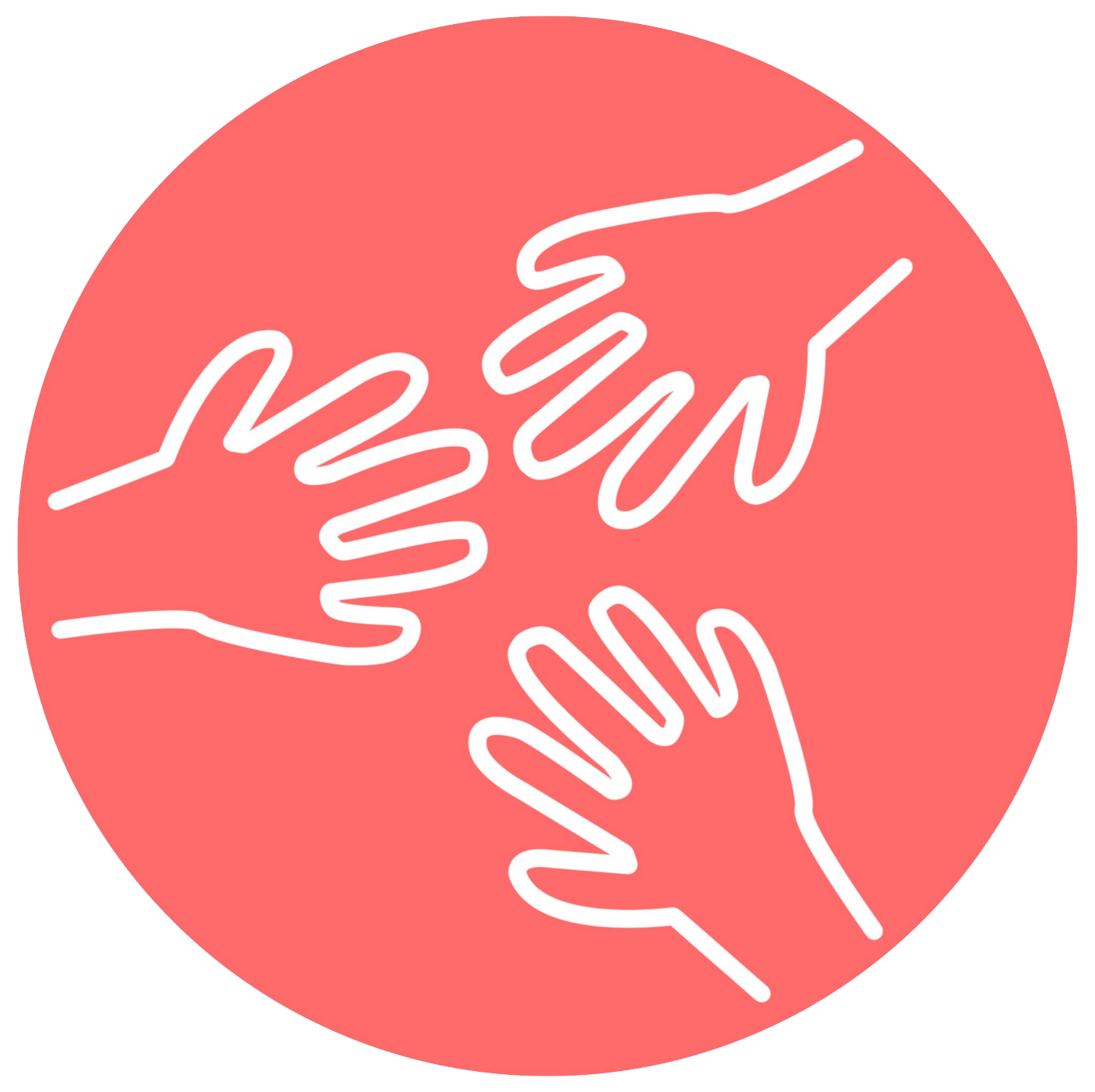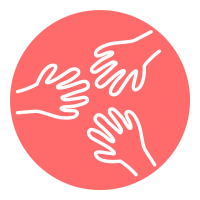How Stereotypes Create an Unhealthy Political Climate
Written by Paint Srinpak | Edited by Sadhika Raj, Wasinee Siriboonlamom (Dow) | Designed by Marianna Realosa (Yanna), Yanisa Likhitapisit (Palm)
Stereotypes exist everywhere, but people usually do not stereotype the group they identify with.
In fact, they can recognize and dissent the labels others give them, while simultaneously labelling others. For example, the upper class often labels the lower class as “lazy,” but when those lower class people call the upper class to all be “spoiled”, the upper class recognizes that this is not necessarily the case. People only recognize a stereotype when they are being labelled, but they do not recognize a stereotype when labelling others.
Apart from its apparent harms of labelling a group of people, stereotypes extend its harms to politics. While the majority of supporters of both the left and right ideologies do not identify with far-left or alt-right ideologies, stereotyping causes the right to label leftists as “communists” and the left to label the right as a bunch of “racists” and “bigots”. We should all know by now that this is not the case most of the time. People who vote Republican are not all hateful of African Americans, nor do people who vote Democrats are all supportive of capitalism’s complete takedown. It’s easy to stereotype political parties by looking at them at their most extreme. Of course, there is going to be extremists on both sides of the spectrum, but the fact of the matter is, those extremists make up a relatively small proportion of the entire voter-base.
As the right labels the left as “anarchists” and the left labels the right as “rich racists,” what happens is both ends of the political spectrum grow increasingly divided since the left and right are less willing to compromise or be persuaded by each other.
Think about it, no one wants to be persuaded by “rich racists,” nor does anyone want to compromise with “anarchists.”
What this then creates is a greater polarisation in politics, where no one agrees with each other. When politics becomes polarised, everything becomes political, including scientific data. When science becomes politics, we know we have a problem, like how the Republican party was able to hijack scientific evidence of human-made climate change and that only supporters of the Democratic Party would agree with that. Due to the polarisation of politics and the hesitation of the right to compromise with the left for the reasons mentioned earlier, the people who support the right’s ideologies are now more likely to support only what aligns with their party’s ideas, including the denial of human-made climate change (note that approximately 13% of Americans agreed with the statement that “human activity is not responsible at all [for climate change].” This means that most people under the right’s ideologies believe in human-made climate change. However, the 13% is significant when almost all scientific data points to otherwise). This goes both ways, applying to both parties.
It’s easy to stereotype others who disagree with us. As someone who falls into the left’s ideology, I have made this mistake in the past, and I encourage everyone, no matter where you lie on the political spectrum, to reflect upon this. When we can bridge that gap and are open to listening to others instead of immediately labelling them as “dumb extremists,” regardless of our stance, we can then work towards a healthy political climate.
Sources:
https://www.degruyter.com/view/journals/for/16/1/article-p3.xml


